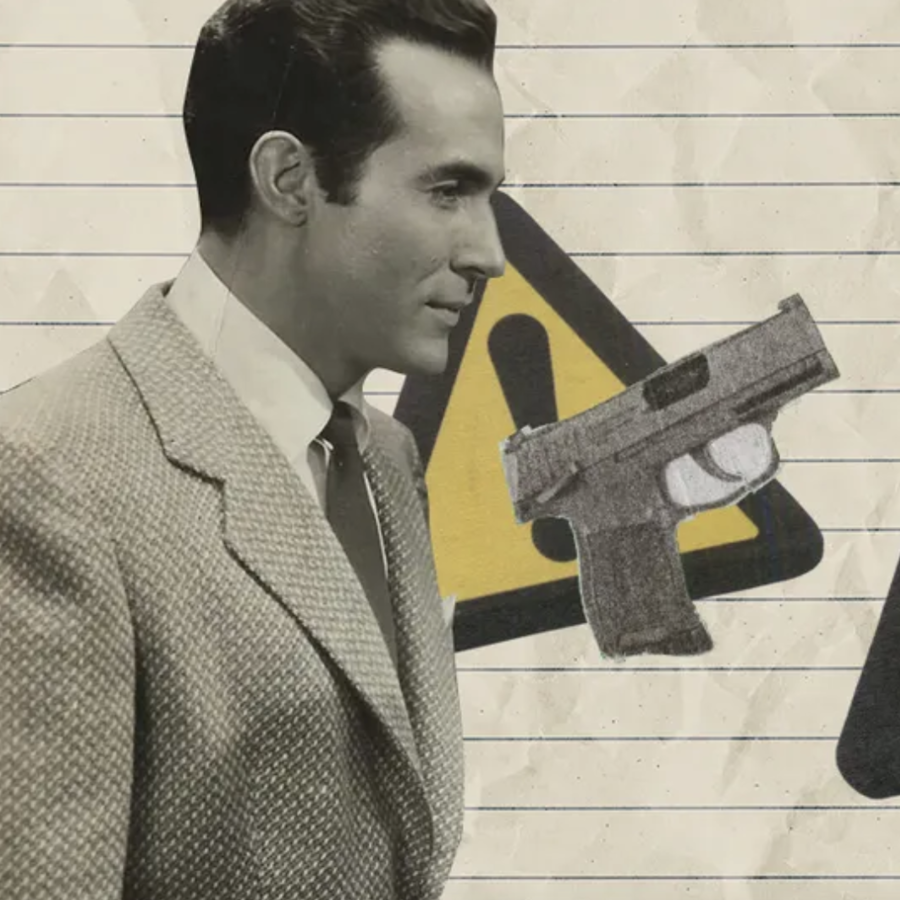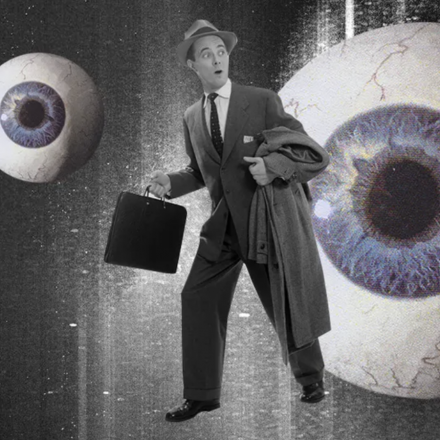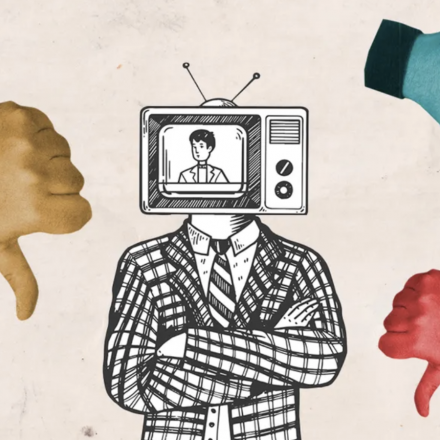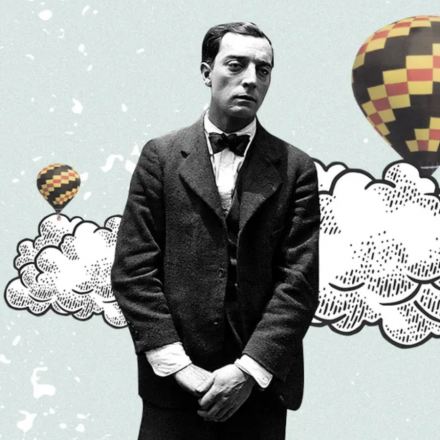Forgiveness — it sounds like a magical cure for all conflicts and fights. Seems simple: you stop holding grudges, tell yourself “I forgive” — and boom, life gets back on track. But if it were that easy, we’d all be living in peace and harmony by now, right?
In reality, forgiving is a battle, an internal conflict with yourself where there are no winners, but there are losers — your own emotions and pride.
Why is forgiving so hard?
Because we’re constantly at odds with ourselves. On one side, there’s the desire to let go of the pain and move on. On the other, stubborn pride, resentment, and memories that won’t let you just turn around and walk away. Forgiveness isn’t an on/off switch; it’s a complex process of making peace with yourself.
Two types of forgiveness: what you need to know
The first is giving up revenge and anger. It’s the simplest level, when the burning desire to “get back at” or “punish” the offender fades away. Time heals — you focus on your own life, and that person gradually drops from your priority list. They might stay in your contacts but no longer in your heart.
The second is a true reset of the relationship, as if nothing ever happened. This one’s tougher: not everything can be forgotten or fully forgiven. A mental tally starts running — all offenses, disappointments, and even little details add up. The outcome often feels like “weighed, measured, and found too light.”
What really stops us from truly forgiving?
1. A hit to your pride
When you forgive, it feels like giving up a part of yourself, stepping over your dignity. Especially if that person is still close by and you keep remembering their mistakes and hurts. And there’s no material compensation — only inner stress and discomfort.
2. Lingering memories
Resentment isn’t just about a single moment. It’s a whole archive of triggers: words, gestures, situations that can pop up at the most unexpected time. Then it all starts over again — complaints, accusations, irritation.
3. People who don’t deserve forgiveness
Some don’t appreciate your forgiveness, don’t admit their faults, and just take advantage of your patience. Forgiving them means giving them power over you. It’s important to understand: not everyone deserves a second chance, and that’s not weakness — it’s wisdom.
How forgiveness changes you, not just the situation
By forgiving, you don’t just free the other person — you free yourself from the weight of resentment, irritation, and inner conflict. It’s the first step toward personal freedom and peace. But for it to really happen, you need to honestly acknowledge your feelings and not rush to “forget and forgive” just for the sake of it.


















